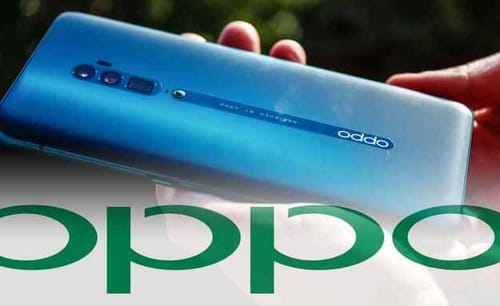 |
| OPPO participates in the competition to develop its own smartphone chip |
Leading Chinese smartphone maker OPPO is developing high-quality mobile chips for its flagship phones to control core components and reduce dependence on foreign semiconductor suppliers Qualcomm and MediaTek.
The world's fourth largest smartphone manufacturer in terms of deliveries is planning to use the SoC in phones due to hit the market in 2023 or 2024, depending on the speed of development.
Thus, Oppo has joined the competition from smartphone manufacturers such as Apple, Samsung and Xiaomi to develop its own processors. With the Pixel 6, Google launched its first smartphone to use the Tenor mobile processor.
The internal development of the master chip can improve supply chain control. This can relieve bottlenecks and widespread disturbances.
The company plans to use 3nm chip technology from Taiwan Semiconductor Industry Corporation, the world's largest chip maker.
This is part of the second wave of TSMC customers who use the latest technology after Apple and Intel.
This underscores the Chinese company's commitment to developing advanced chips that can compete with the world's best semiconductor developers.
The in-house developed processor has become a symbol of the world's leading smartphone brand.
Ten years ago, Apple began porting its A-series mobile processors to the iPhone. Huawei, which was once the world's largest smartphone maker, is succeeding with its Kirin processor.
This was before the US campaign against the company destroyed its consumer electronics business.
Since the United States cracked down on Huawei, OPPO has increased its investment in chips. Top chip developers and AI experts such as MediaTek, Qualcomm, and Huawei were hired, and recruitment continued in the United States, Taiwan and Japan.
OPPO is developing its own chipsets for flagship phones
It also runs on its own artificial intelligence algorithm and its own dedicated image signal processor for mobile cameras.
Compared with SoC, the development of the image signal processor is less complicated; The latter requires a combination of CPU, graphics, security and connectivity functions as well as integration into a specific operating system.
Most of OPPO's flagship smartphones use Qualcomm's advanced Snapdragon chipset.
Competition among smartphone manufacturers over the use of their own processors is also associated with risks. NS. Chips may not work as reliably as chips from an authorized vendor.
For most smartphone manufacturers, owning a mobile processor brings two main benefits: differentiation and better control of the supply chain.
And when everyone is using Qualcomm chips on their flagship phones, it's hard to say they have unique performance and products.
At the same time, when there is a shortage, you have to compete with competitors to allocate chips and resources, and you cannot directly understand your chip supply chain.
OPPO refused to disclose concrete progress in the development of the chips. But she said the company's core strategy is to make good products. Every investment in research and development aims to improve product competitiveness and user experience.